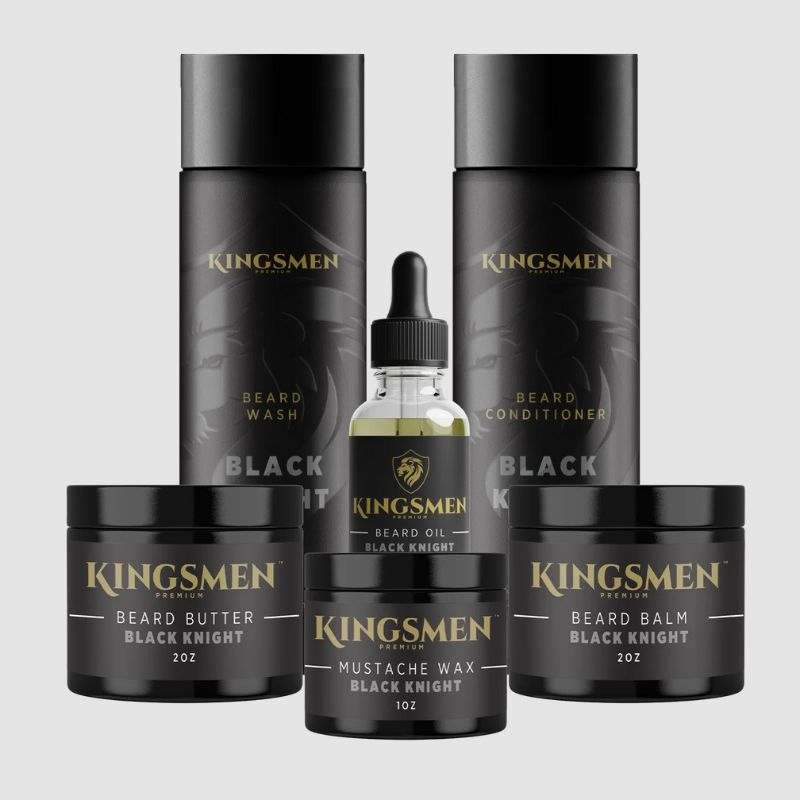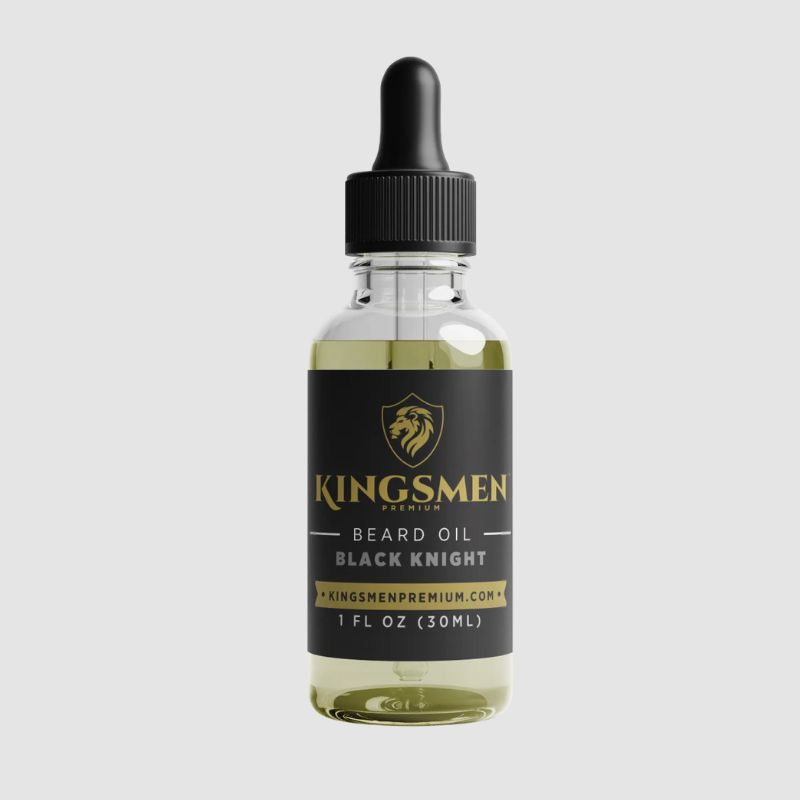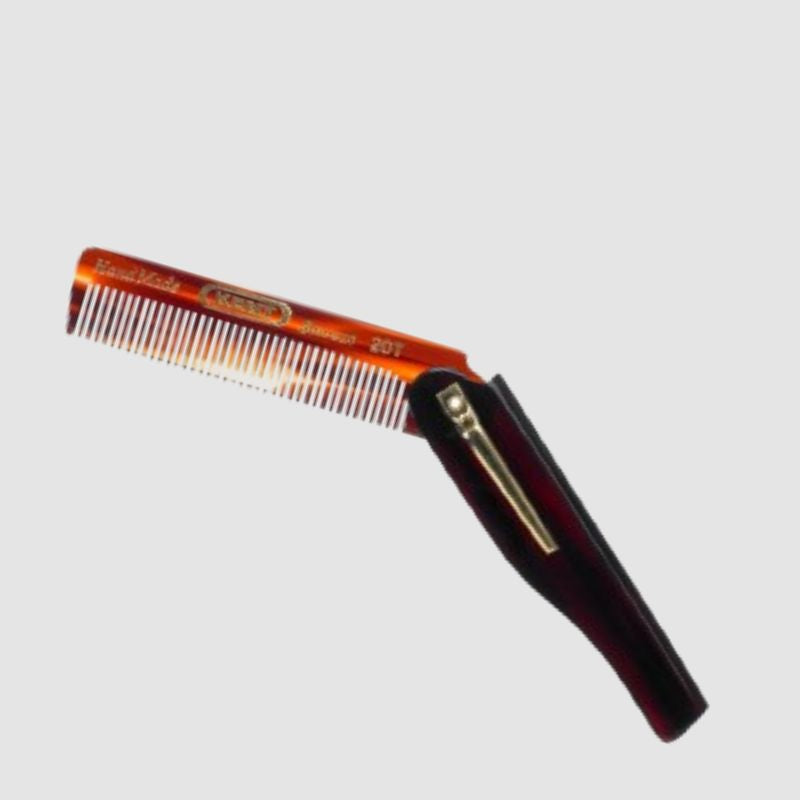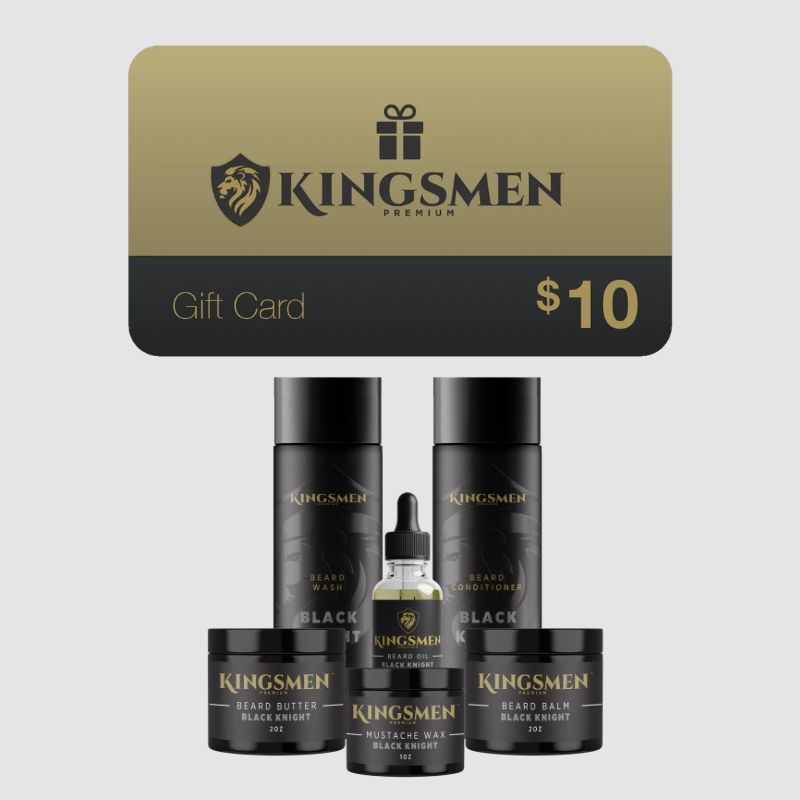Beard growth and aging: do beards get thicker over time?
The age-old quest for a thicker, fuller beard has led many men to wonder if time is on their side. Does Father Time gift us with a more impressive mane as the years pass? We're here to explore the science behind beard growth and aging, separating fact from fiction.
- We'll discuss the science behind beard thickness and how it changes over time.
- You'll discover the peak age for beard growth and what happens after that.
- We'll even share some tips on how to keep your beard looking its best, no matter your age.
And hey, if you're looking to take your beard game to the next level, we've got you covered. At Kingsmen Premium, we craft hand-made grooming products designed to nourish your beard and the skin beneath.
The Beard Growth Cycle
Before we jump into the age factor, let's get a handle on the basics of beard growth. It's not a constant, never-ending process. Instead, it follows a cycle with three main phases:
- Anagen: This is the growth phase. Your beard hair is actively growing, and this phase can last anywhere from a few months to several years.
- Catagen: The transition phase. Growth slows down and eventually stops as the hair follicle shrinks.
- Telogen: The resting phase. The hair follicle is dormant, and the old hair eventually sheds to make way for a new one.
The length of each phase is influenced by genetics, hormones, and overall health. Now, how does age play into this cycle?
The Role of Hormones: Testosterone and DHT
You've probably heard that testosterone is the key to a manly beard. While it's true that testosterone plays a role, it's not the whole story. A hormone called dihydrotestosterone (DHT) , which is converted from testosterone, is the real MVP when it comes to beard growth.
- DHT binds to receptors in hair follicles, stimulating growth and increasing hair thickness.
- Higher levels of DHT are generally associated with thicker, fuller beards.
So, what happens to these hormone levels as we age?
The Peak and the Plateau
Testosterone levels typically peak in a man's late teens or early twenties , which is why many guys start seeing serious beard growth around this time. But, as we get older, testosterone levels gradually decline. This doesn't mean your beard will suddenly vanish, but it might affect its growth rate and thickness.
- Some studies suggest that beard growth may continue to improve into a man's early thirties, even as testosterone levels start to dip.
- After that, you might notice a plateau or even a slight decline in thickness.
- However, the impact of aging on beard growth varies from person to person. Genetics also play a major role.
So, if you're in your forties or fifties and still rocking a thick beard, congratulations. You've got good genes and/or you're taking excellent care of yourself.
Genetics: The Blueprint for Your Beard

While hormones and age play a role, your genes are the ultimate blueprint for your beard. They determine:
- The density of your hair follicles (how many hairs you can grow per square inch)
- The thickness of individual hairs
- Your hair's natural color and texture
- Even the shape of your beard
If your dad and grandpa had thick, bushy beards, chances are you've inherited some of those winning traits. On the other hand, if your family tree is filled with baby faces, you might have to work a bit harder to achieve a full beard.
Even if you weren't blessed with the best beard genes, there are still plenty of things you can do to maximize your growth potential.
Lifestyle Factors
Think of your beard like a garden. You need to provide the right conditions for it to flourish. That means:
- Eating a healthy diet: Your beard needs a steady supply of nutrients to grow strong and healthy. Make sure you're getting enough protein, vitamins, and minerals.
- Getting enough sleep: Sleep is when your body repairs and regenerates itself, including your hair follicles. Aim for 7-8 hours of quality sleep each night.
- Managing stress: Stress can wreak havoc on your hormones and overall health, which can impact beard growth. Find healthy ways to manage stress, like exercise, meditation, or spending time in nature.
- Exercising regularly: Exercise improves blood flow and circulation, which delivers nutrients to your hair follicles.
- Keeping your beard clean and moisturized: A clean, well-moisturized beard is a happy beard. Use a gentle beard wash and conditioner, and apply beard oil or balm to keep it soft and hydrated.
Our Kingsmen Premium Beard Care Kits have everything you need to keep your beard looking and feeling its best, no matter your age or genetics. We use natural ingredients like jojoba oil and argan oil to nourish your beard and the skin beneath.
The Gray Area
Gray hair is a natural part of aging , and your beard is no exception. While some guys dread the silver strands, others embrace them as a sign of wisdom and experience. If you're starting to see some gray in your beard, here are a few things to keep in mind:
- Gray hair can be coarser and more wiry: This can make your beard feel a bit rougher, so it's important to keep it well-moisturized with beard oil or balm.
- Gray hair can also be more resistant to styling: If you're used to using beard balm or wax to shape your beard, you might need to adjust your technique or try a stronger hold product.
- Embrace the silver: Gray hair can add a distinguished look to your beard. Own it.
Our Kingsmen Premium Beard Oil is formulated with natural ingredients to soften and tame even the most stubborn beard hair. Plus, our unique scents will leave your beard smelling amazing.
The Bottom Line
So, do beards get thicker with age? The answer is a bit complicated. While testosterone levels and beard growth potential tend to peak in your early twenties, genetics and lifestyle factors also play a significant role.
Even if your beard doesn't get dramatically thicker as you get older, that doesn't mean you can't rock a fantastic beard at any age. Focus on keeping it healthy, well-groomed, and embrace the changes that come with time.
And remember, at Kingsmen Premium, we're here to support you on your beard journey, no matter where it takes you. Our hand-crafted, American-made products are formulated to nourish your beard and the skin beneath, helping you achieve your best beard yet.
So, Does Age Really Thicken Your Beard?
The short answer? It's complicated. While your beard's peak thickness might coincide with your testosterone peak, genetics and lifestyle play a huge role.
Key takeaways
- Beard growth follows a cycle influenced by hormones, genetics, and overall health.
- Testosterone and DHT are key players in beard growth.
- Genetics determine your beard's potential thickness and density.
- Lifestyle factors like diet, sleep, and stress management can impact beard growth.
- Embrace the changes that come with age and focus on keeping your beard healthy and well-groomed.
Whether you're rocking a full beard or just growing your facial hair, Kingsmen Premium has your back. Our hand-crafted products are designed to nourish your beard and the skin beneath, helping you achieve a look that's uniquely you. Plus, every purchase supports Make-A-Wish Southern Florida , so you can feel good about looking good. It's time to unleash your inner Kingsmen.
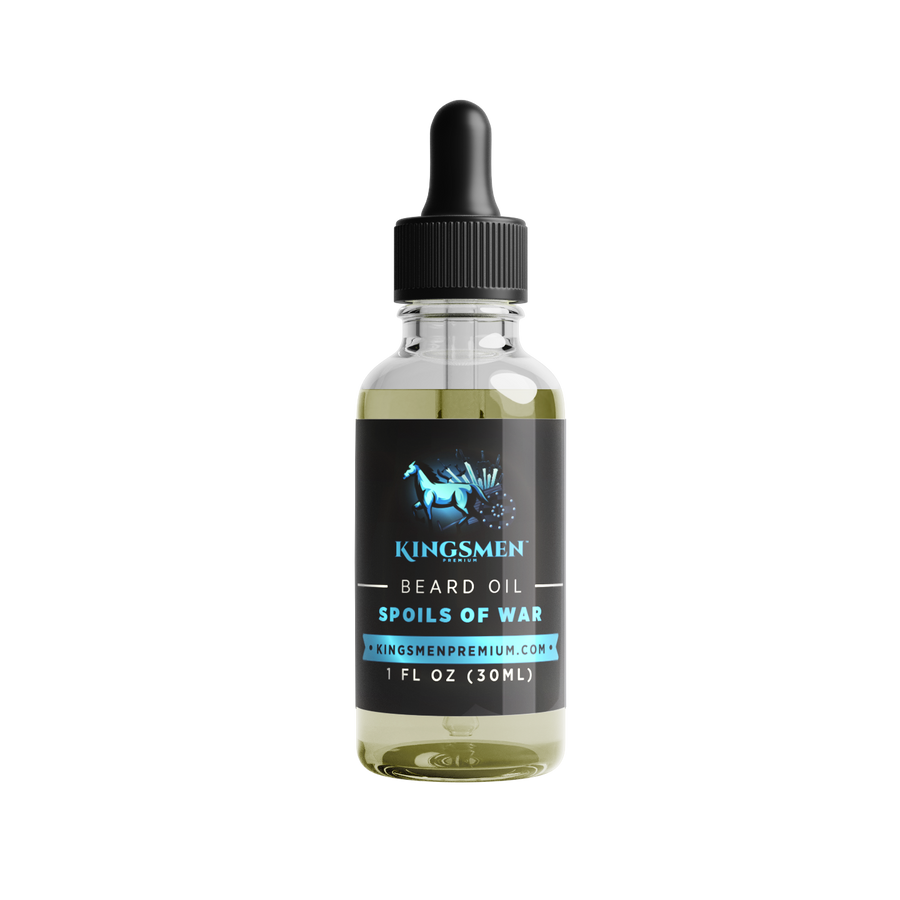
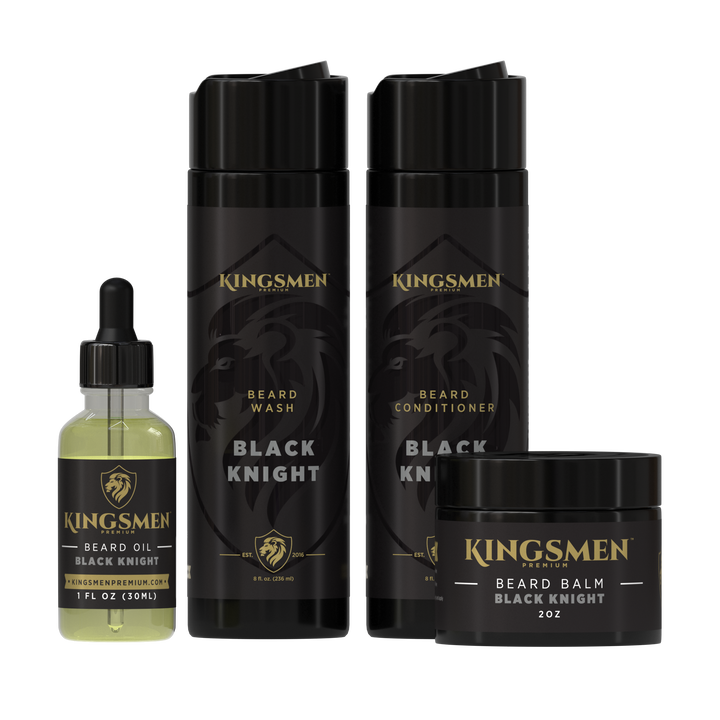
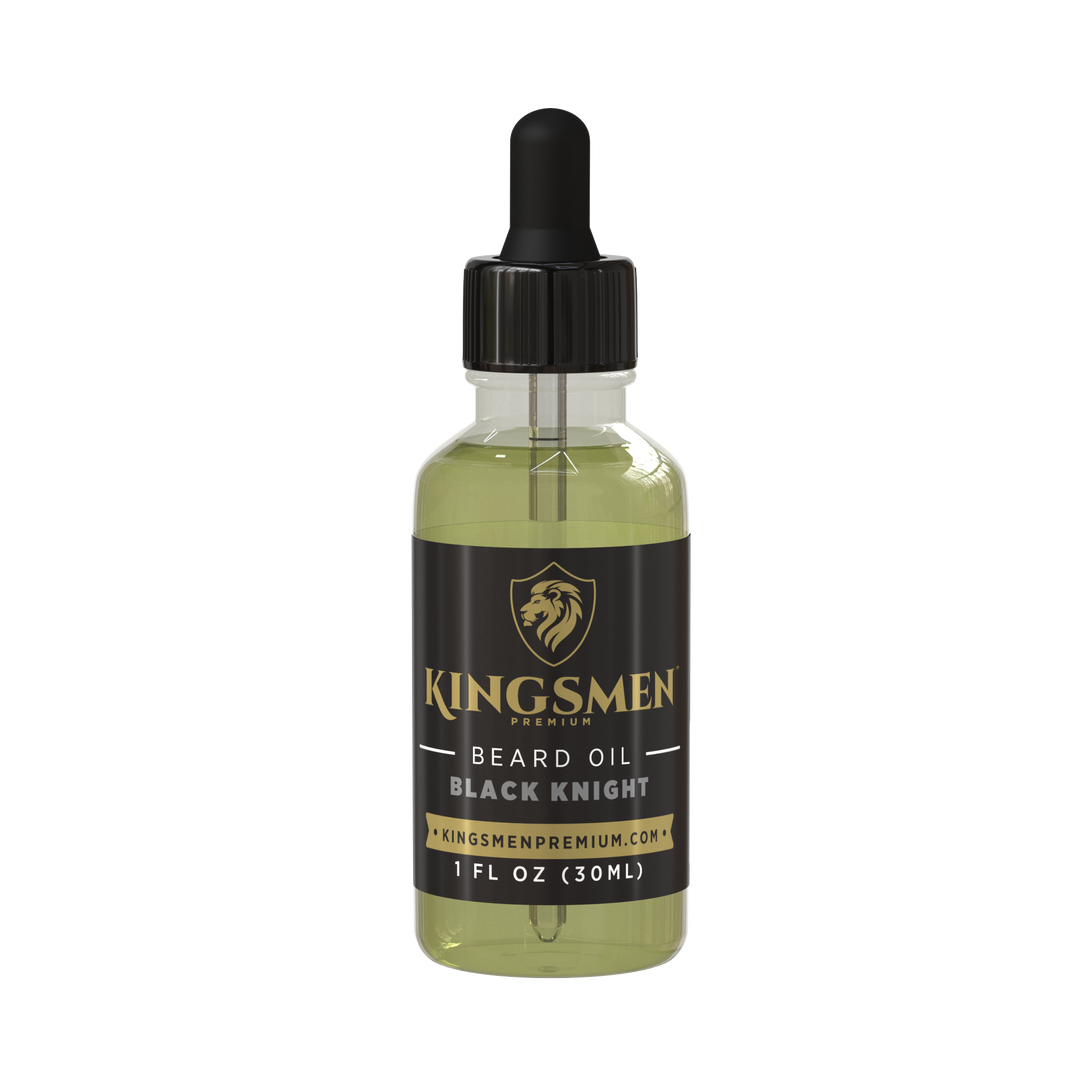
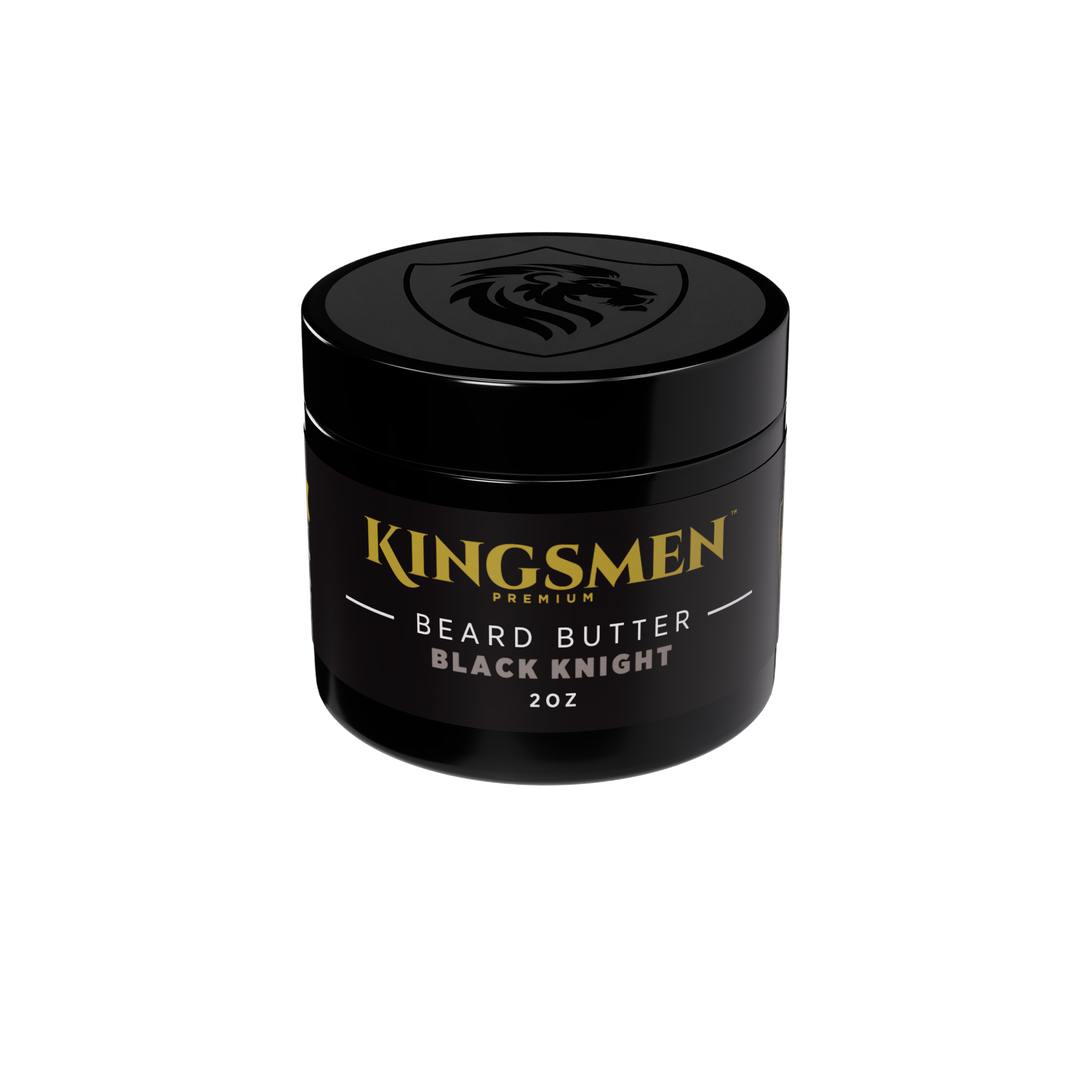
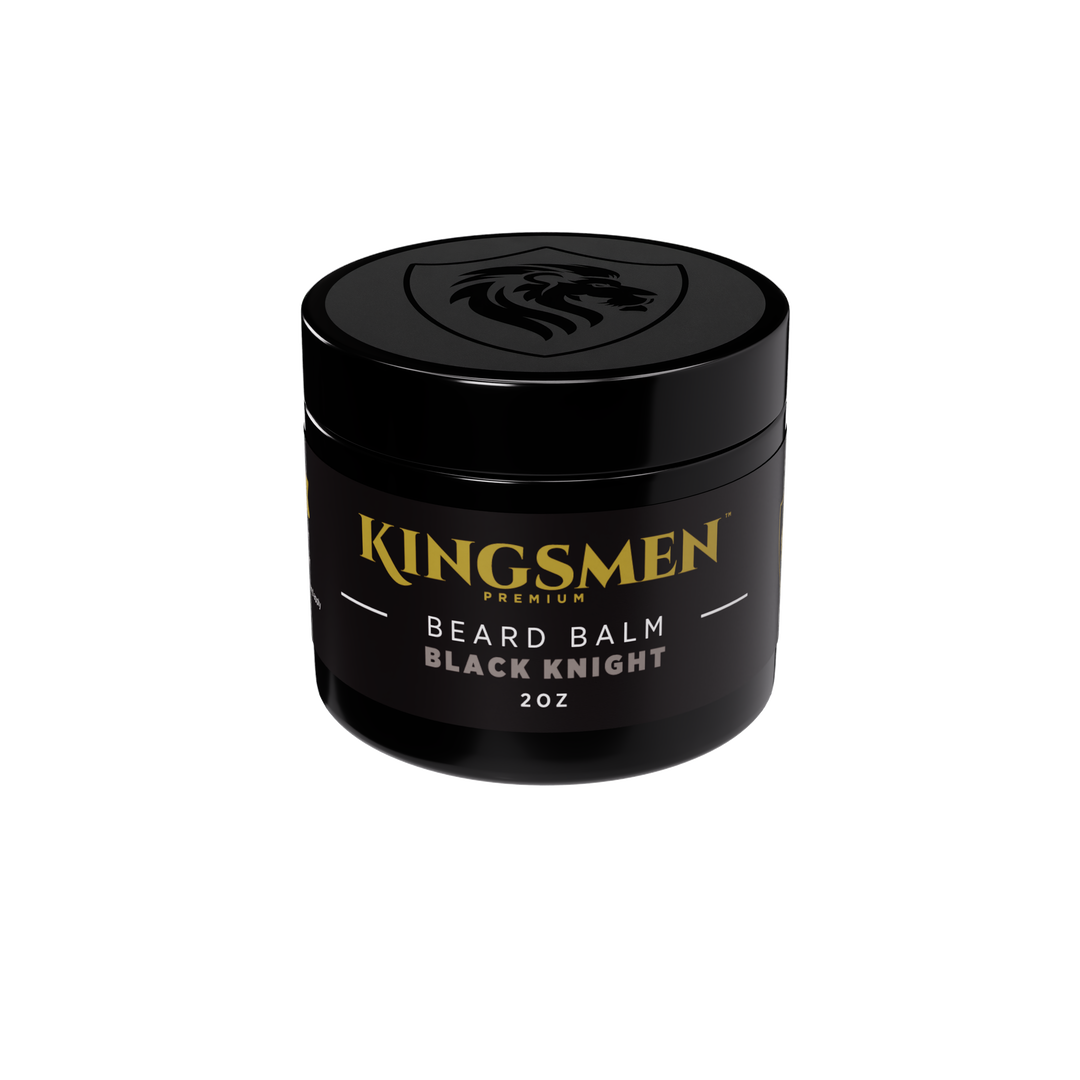
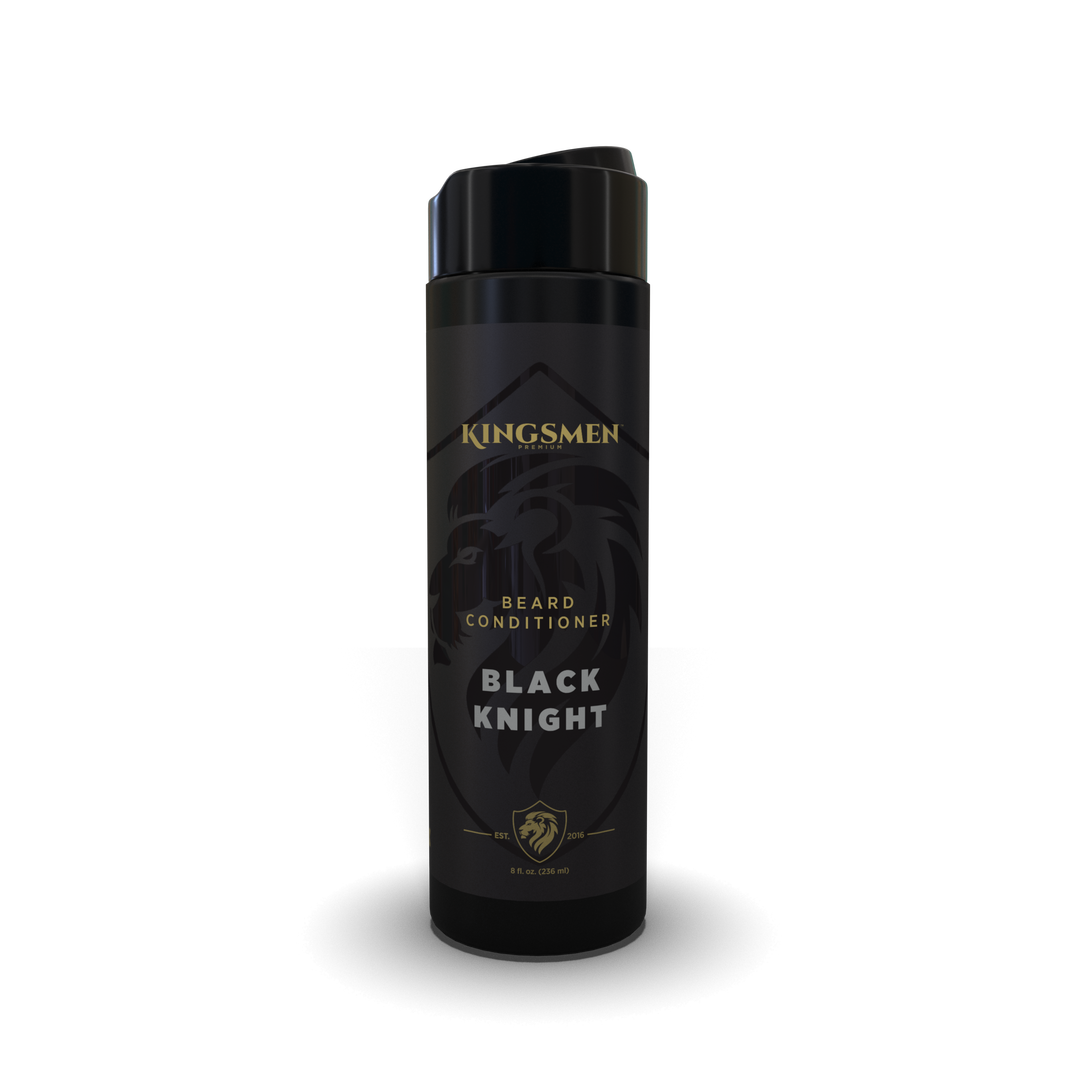
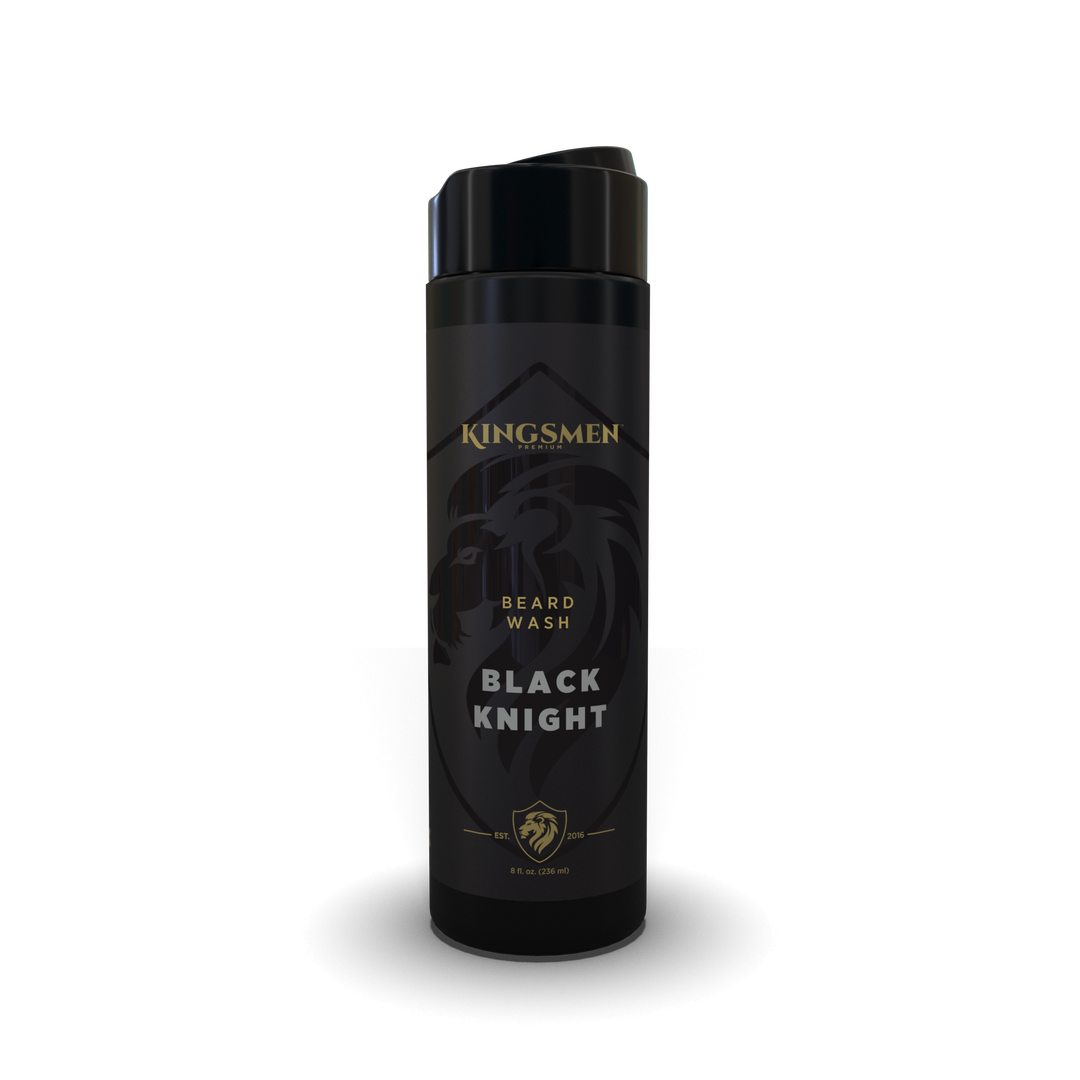
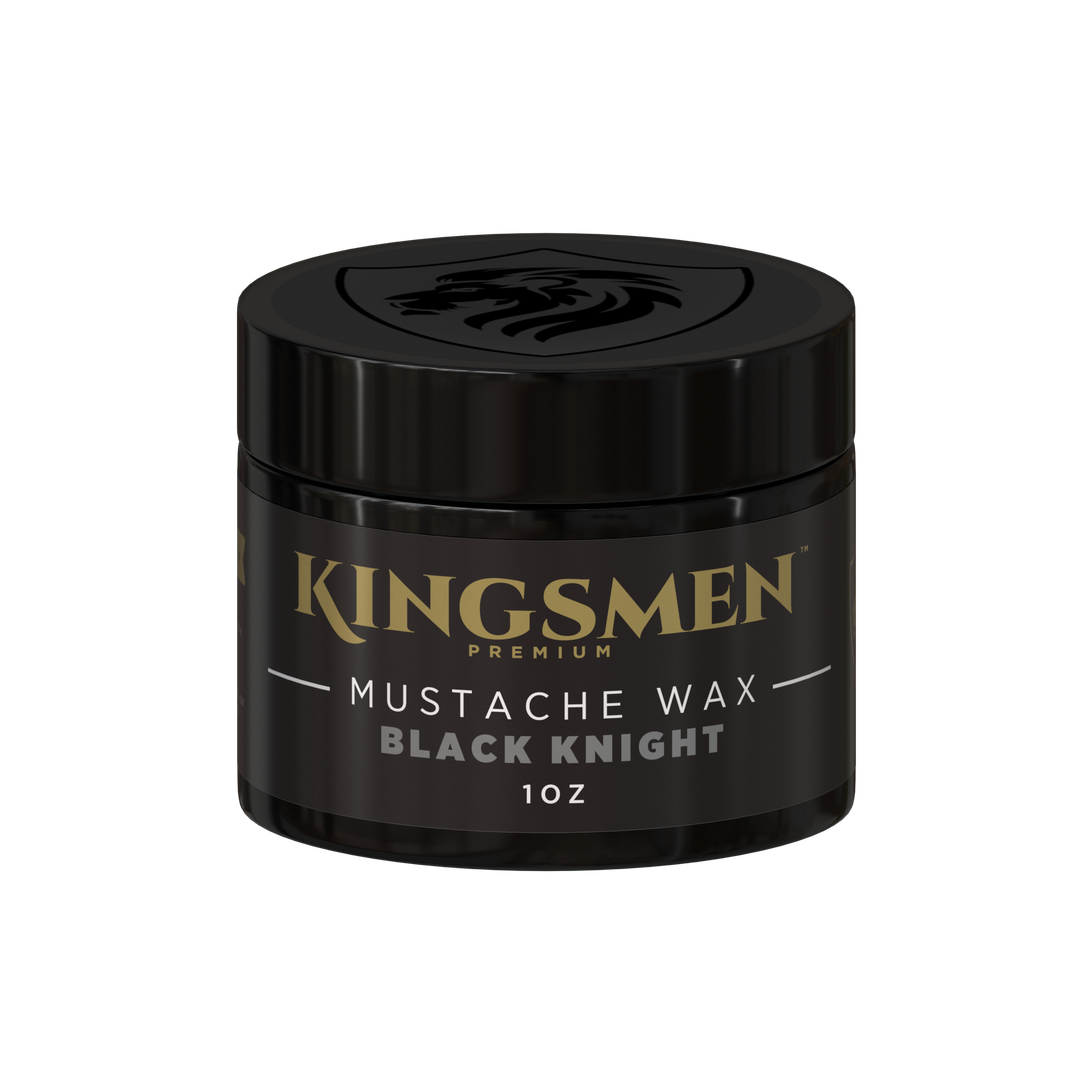
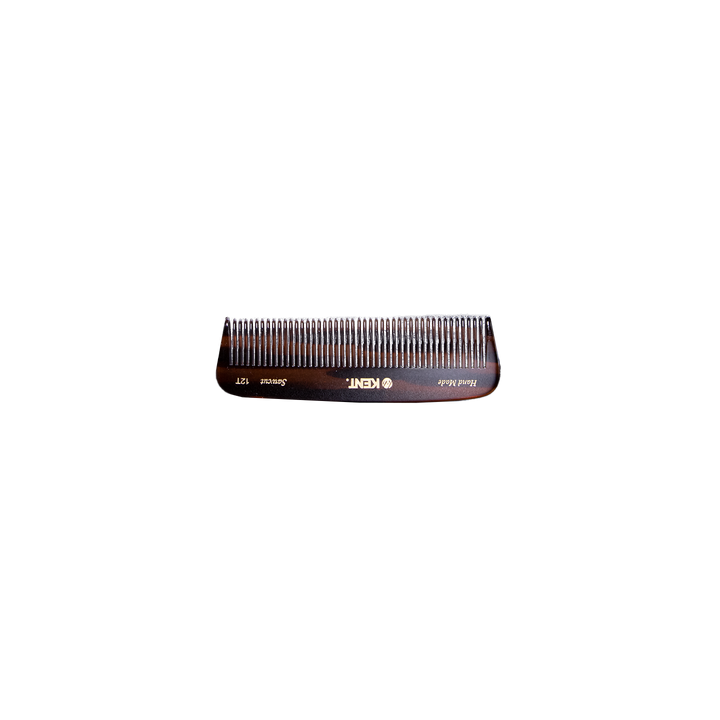
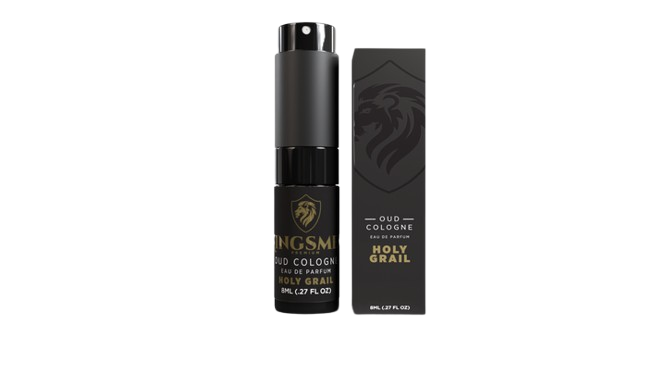
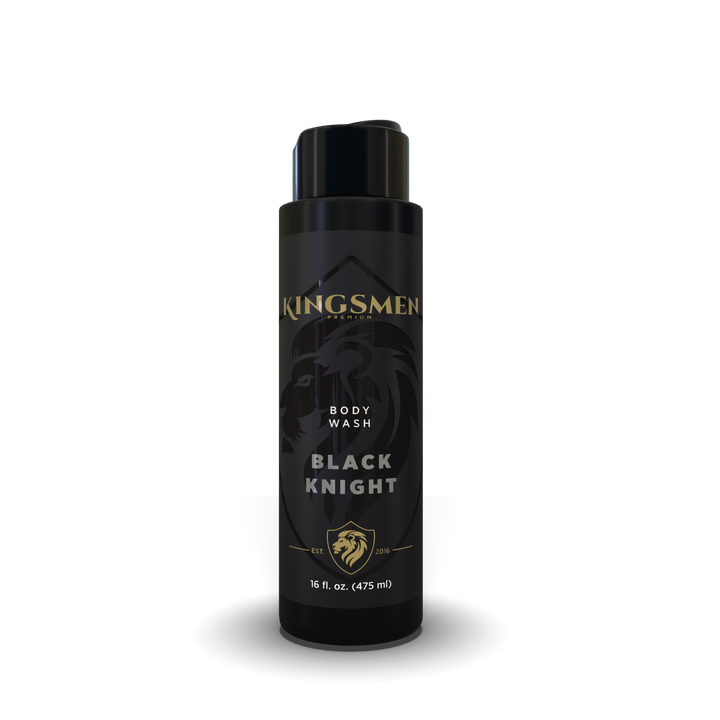
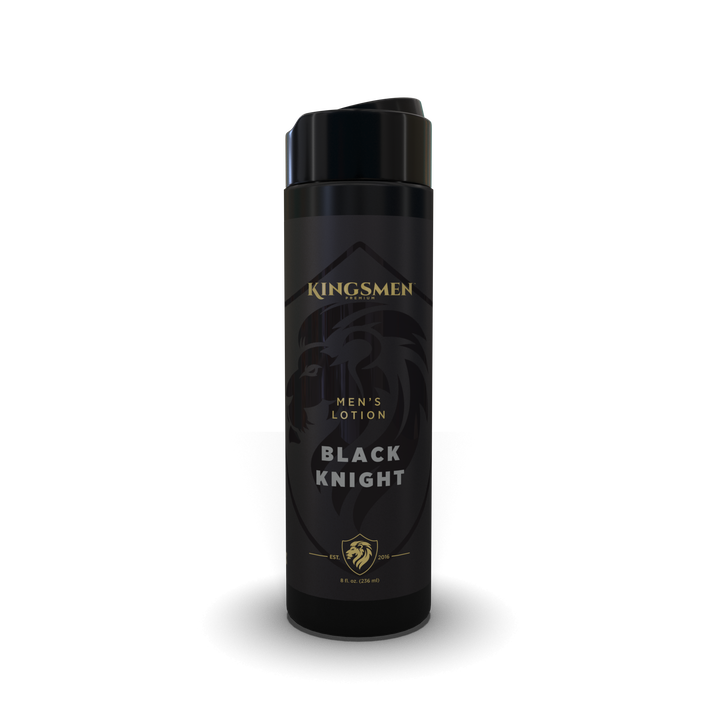
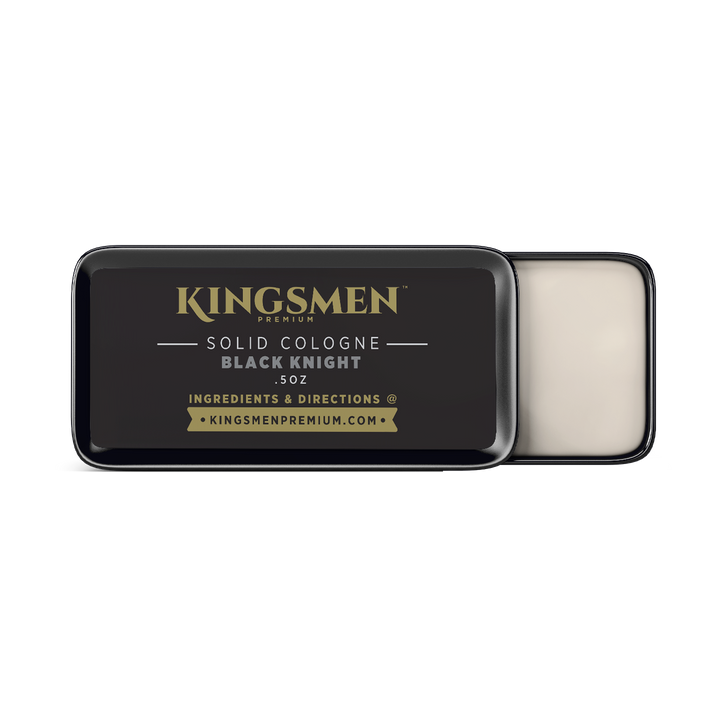

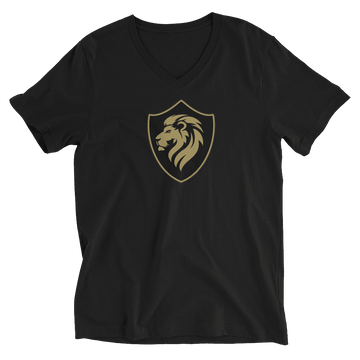
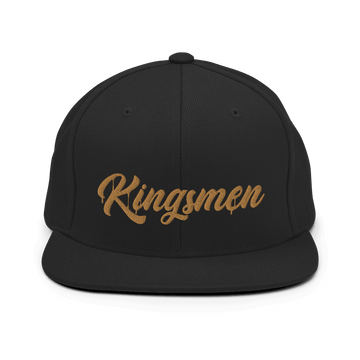

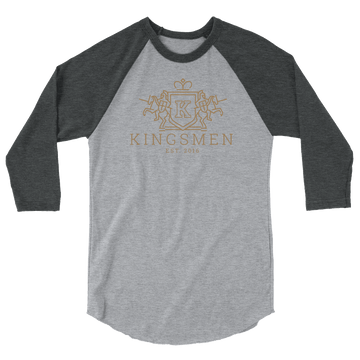

 VERIFIED BUYER
VERIFIED BUYER
 Monthly Scent Program
Monthly Scent Program
 Beard Care Kits
Beard Care Kits
 Beard Oil
Beard Oil
 Beard Butter
Beard Butter
 Beard Balm
Beard Balm
 Beard Conditioner
Beard Conditioner
 Beard Wash
Beard Wash
 Mustache Wax
Mustache Wax
 Kent Combs and Brushes
Kent Combs and Brushes
 Solid Cologne
Solid Cologne
 Body Wash for Men
Body Wash for Men
 Holy Grail Oud Spray Cologne
Holy Grail Oud Spray Cologne
 Men's Lotion
Men's Lotion
 Gift Ideas
Gift Ideas
 T-Shirts
T-Shirts
 Hats
Hats
 Hoodies
Hoodies
 Long Sleeves
Long Sleeves
 Accessories
Accessories





